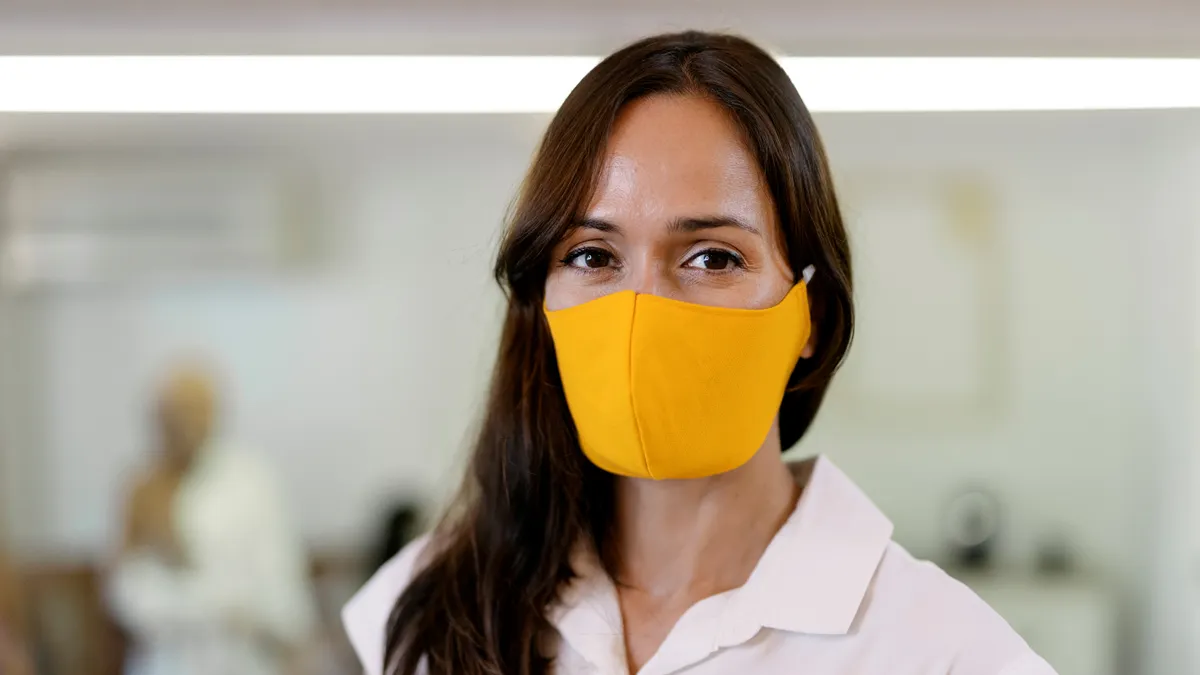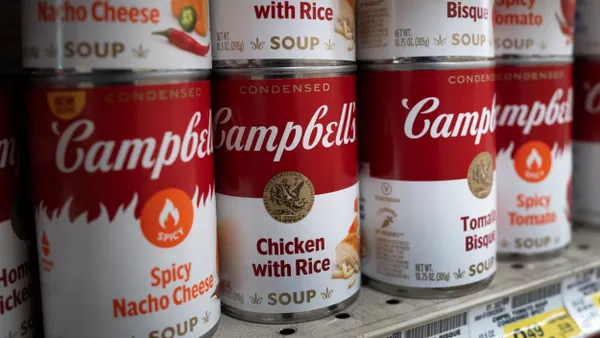More and more Americans are becoming eligible for the COVID-19 vaccine, and additional vaccines are in various stages of development. But, polls and statistics show that there is still some hesitancy and uncertainty amongst the general public about whether or not to receive a vaccine. In fact, one national study found that one-third of U.S. adults said they are hesitant about getting a COVID vaccination.¹
One size does not fit all when it comes to individuals making choices about their health or the health of their loved ones. Acknowledging and addressing the uncertainty that might exist among your employees related to COVID-19 and available vaccines is important for human resources leaders. To help address myths and questions related to these vaccines, and to provide companies with information they can share with their employees, we have developed this Q&A with Dr. Prentiss Taylor from Doctor On Demand®.
Dr. Taylor has been part of the original physician group since Doctor On Demand began providing services in 2014. He is a graduate of Harvard Medical School and board-certified in Preventive Medicine and Internal Medicine.
Q: Is there a vaccine for COVID-19?
A: Yes, there are several approved COVID-19 vaccines that work to protect people against being infected with COVID-19. Vaccine distribution began in December 2020 and continues across the country. As of March 2021, vaccines from Pfizer, Moderna, and Johnson & Johnson have been approved for use.
Q: How do the COVID-19 vaccines work?
A: Currently available vaccines work in several ways. The Pfizer and Moderna vaccines (approved in the U.S. in December 2020) use messenger RNA or mRNA. American scientists have been developing this technology for over 17 years, and this is the first time an mRNA vaccine has been approved for use. The mRNA is like a coded ticket that gives instructions to the ribosomes (protein factories) floating inside our muscle cells to make the spike protein that looks like the one on the outside of the COVID virus. It is the spike protein they make that triggers the immune response by antibodies and our T-lymphocyte white blood cells to produce effective immunity.
So the bottom line for laymen is: the vaccines don't mess with our natural DNA, genes, or RNA. They trigger our immune system defenses to recognize and neutralize the COVID virus, if an individual later gets infected. That protection is very impressive, and leads to zero deaths or hospitalizations from the virus if people who are immunized later get infected.
The Johnson & Johnson vaccine is a "viral vector" vaccine, which uses a different virus to deliver instructions to our cells to create antibodies against the novel coronavirus. The virus used in this vaccine cannot cause illness in people.
Q: Can I get COVID-19 from the vaccine?
A: No, the COVID-19 vaccines are not able to give people COVID-19.
Q: What are the most common side effects of the COVID-19 vaccine?
A: The most common side effects include pain at the injection site, feeling tired, headaches, achiness, chills, fevers, nausea, or swollen lymph nodes. More serious allergic reactions can happen but are very rare. If you have a history of severe allergic reactions to previous vaccinations, you should talk to your doctor.
Q: How many shots will I need for the COVID-19 vaccine to work?
A: The Pfizer and Moderna vaccines are recommended as a series of two shots to be effective. The Johnson & Johnson vaccine is a single shot.
Q: Is the vaccine free?
A: Yes. The COVID-19 vaccine is free, even if you are uninsured. Our taxes cover the expense.
Q: How effective is the vaccine?
A: The effectiveness of the Pfizer, Moderna and Johnson & Johnson vaccines are similar in terms of preventing hospitalization and death- which is the important thing. The Johnson & Johnson vaccine is somewhat less effective in preventing mild symptoms of COVID-19 infection.
Q: Is it possible to get sick with the COVID-19 even after getting vaccinated?
A: Yes, it is possible to get mildly ill with COVID-19 after getting vaccinated because no vaccine is 100% effective in preventing any illness whatsoever. However, the vaccines are very effective in preventing the most severe complications, including hospitalization and death.
Q: Is the COVID-19 vaccine safe?
A: All studies to date say: Yes. The COVID-19 vaccine has undergone the same rigorous evaluation process as other vaccines and is considered safe for use. Please talk with your healthcare provider to find out if the vaccine is recommended for you and when you might be able to receive the vaccine.
Q: Did you get the vaccine?
A: Yes! Please remember that doctors and nurses were the first to volunteer to get the vaccines, stepping forward to demonstrate the importance and safety of getting vaccinated. We need to remember if you take 75,000 Americans who get the COVID vaccine and compare that group to an identical group of 75,000 Americans who don’t get the vaccination, the no vaccination group will have 150 people die. Several hundred more people in that unvaccinated group will get hospitalized with loss of income and suffering, even though they survive.
There is no question that the benefits greatly outweigh the minor side flu-like effects which can occur.
Q: Do I need to keep wearing a mask?
A: Yes. We need to keep wearing masks until the CDC declares that herd immunity has been achieved. Hopefully, that may happen near the end of this year. Wearing a mask, social distancing, and frequent hand washing, done together, have been proven to be very effective in preventing the spread of COVID-19.
The information contained in this article is for informational purposes only and should not be considered medical advice. This information is meant to be referenced and shared to help address general questions and concerns about the COVID-19 vaccine. You (and your employees) should always consult your healthcare provider for information and guidance regarding your personal health decisions.
Resources
¹ Robert Wood Johnson Foundation. https://www.rwjf.org/en/library/research/2021/02/confronting-covid-19-vaccine-hesitancy-among-nonelderly-adults.html
Centers for Disease Control and Prevention: https://www.cdc.gov/vaccines/covid-19/index.html
World Health Organization: https://www.who.int/health-topics/coronavirus
Mayo Clinic: https://www.mayoclinic.org/diseases-conditions/coronavirus/in-depth/coronavirus-vaccine/art-20484859










